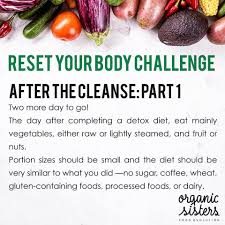
Choosing an organic diet can have a major impact on your health. It can reduce your exposure to pesticides and other toxins in the air, soil and water.
It can also help you stay healthy and avoid costly diseases. Luckily, there are a few easy ways to transition to an organic diet.
Start Small
Starting small with a transition to an organic diet helps prevent overwhelm and resistance. It also helps you make smaller changes and feel more successful along the way.
Start by focusing on one or two items that you purchase on a regular basis and commit to buying them only as organic as possible. Then, gradually increase the amount you buy until you're eating only organic food.
When it comes to fruits and vegetables, prioritize those on the "Dirty Dozen" list (the 12 most contaminated produce items with pesticide residues). By avoiding these foods, you can reduce your exposure to more than 90% of your daily pesticide load.
It's also important to start with organic meat and dairy products. They are often more expensive, but the payoff is worth it as you learn how to buy them without the use of antibiotics and hormones, and from animals that have been raised humanely. Plus, they are healthier for you and your family.
Plan Your Meals
The transition to an organic diet can be a challenging task. Fortunately, it can be made easier with a few steps.
Meal planning is one of the best ways to ensure you’re incorporating nutritious foods into your diet. It’s also a great way to save money and time!
A good meal plan should include a wide range of meals. This way, you’ll always have something to eat!
It’s also a good idea to choose recipes that don’t require a lot of ingredients. This will cut down on grocery trips and allow you to avoid impulse purchases.
Meal planning can be a challenge, but it’s worth the effort! It can make it much easier to stick with a healthy diet and help you eat more fruits, vegetables, whole grains, and other nutrient-dense foods.
Look For Labels
When you transition to an organic diet, you need to know what to look for in order to make the best purchase. You can do this by reading the labels on your food.
Buying organic can save you money and help you live a healthier life. It can also help protect you from pesticides and chemicals that are commonly used on conventionally grown produce.
It can reduce your risk of developing cancer and other health problems. It can also boost your immune system and make you more resistant to illness.
It's important to buy all your fruits and vegetables organic, as well as eggs, meat, dairy and even snacks. But, if you don't have the money to spend on all these items, you should try to get as many organic products as you can afford.
Supplements
Supplements are a great way to make sure you’re getting all of the micronutrients your body needs. However, supplements aren’t a replacement for whole foods.
Organic-certified supplements should contain at least 95 percent organic ingredients and must carry the USDA organic seal. Products that don’t carry the seal may be made with some organic ingredients but not all.
Choosing supplements that are organic can benefit your health and the environment. For instance, organic-certified supplements usually come from food grown without pesticides and synthetic fertilizers.
They also contain higher levels of antioxidants, which protect against disease and prevent cell damage. Some supplements are also derived from herbs that have been proven to support the immune system and reduce inflammation. Some of these include turmeric, guayusa leaf, psyllium seed husk and rose hips. Other supplements contain nutrients such as vitamin C, niacin and zinc. You can choose from a variety of powders, capsules and liquid herbal extracts.
Frequently Asked Questions
Does organic mean that it is not sprayed with pesticides?
Organic food is chemical-free and grown without pesticides. This means organic food is free from pesticides and fertilizers.
Because organic produce is free of harmful additives, it also has more nutrients than conventionally grown foods.
Farmers must follow strict guidelines to grow organic crops under the USDA National Organic Program (NOP).
These guidelines include soil preparation and crop rotation, pest management, water conservation, as well as harvesting practices.
Organic farming also promotes healthy ecosystems which are beneficial to wildlife and natural habitats.
Why should organic be my first choice?
Conventional agriculture has been linked with many health problems including asthma, allergies. Make healthy food choices.
The Environmental Working Group (EWG) offers the following tips on how to pick "cleaner" food:
Buy organic fruits and vegetables whenever possible.
USDA organic labels are required for meat, poultry, eggs and milk.
Avoid processed foods marked "natural" or with "no additives."
Check ingredient lists carefully. If an ingredient isn't listed, it may be added during processing.
It is better to eat fresh meats than canned or frozen. Many frozen and canned foods contain less nutrients, like high fructose Corn Syrup.
What are organic beauty products?
Organic Beauty Products don't contain synthetic chemicals such as parabens. These ingredients are present in all conventional beauty products including shampoos and cosmetics.
Organic beauty products do not require animal testing and are free of genetically modified organisms (GMO).
The USDA defines organic production as "a system of production which fosters the cycle of resources" and it has been used since decades to refer to foods grown without pesticides.
Due to the adverse effects of chemicals on our bodies, there has been a growing demand for eco-friendly cosmetics in recent years.
These include allergies, cancer, skin irritation, hormonal imbalance, early aging, and skin irritation.
Organic beauty businesses are committed to providing safe, healthy products that consumers can use while protecting the environment.
Statistics
- As for organic meat, regulations require that animals be raised in living conditions that accommodate their natural behaviours (like the ability to graze on pasture), fed 100% organic feed and forage, and not administered antibiotics or hormones. (usda.gov)
- Once certified by the USDA, it can fall into one of four categories: "100 percent organic", "organic," "made with organic ingredients," or "made with less than 70 percent organic ingredients. (en.wikipedia.org)
- Cosmetic brands such as Laurel and Rose Mira are 100 percent organic and have a wide array of skincare products. (en.wikipedia.org)
- Popular clothing brands, like Patagonia, are labelled as organic by using 100 percent organic cotton for many of their styles. (en.wikipedia.org)
External Links
ncbi.nlm.nih.gov
- Evaluation of the micronutrient composition of plant foods produced by organic and conventional agricultural methods - PubMed
- Comparison of the total amount of phenolic and/or ascorbic acids in freeze-dried and dried marionberry, strawberry, or corn grown using conventional and organic agricultural practices - PubMed
ams.usda.gov
doi.org
- A Review of Journal of Toxicology and Environmental Health: Cancer Risk and Occupational Pesticide Expositions: Part B: Vol 15, Number 4
- Genetically modified food: safety, risk and public concerns - a review - Journal of Food Science and Technology
usda.gov
How To
Organic foods: Are organic foods healthier?
Organic food is produced without chemical pesticides or synthetic fertilizers. They are grown in natural conditions and without the use of any artificial inputs like fungicides or herbicides. Organic farming methods include crop rotation, cover, composting animal manure and recycling wastewater.
The USDA National Organic Program (NOP), established in 2002 to regulate production, handling and processing of organic products sold in the United States. The NOP regulations ensure that organic agricultural products are produced according to federal standards outlined in the Federal Food, Drug, and Cosmetic Act. Furthermore, the NOP rules require organic products to be free of banned substances such as pesticides residues and growth hormones.
The United States offers two certification programs for producers that want their products to be certified organic: one for farmers, ranchers and the other for manufacturers. Each program requires an annual audit of operations to ensure compliance with strict standards. Many certifying agents offer this service, including CCOF Certified Organic Farmers & Ranchers (QA International), American Grassfed Association, and Quality Assurance International. These organizations offer third-party verification that farms adhere to strict guidelines about environmental stewardship and labour practices.
According to USDA's Economic Research Service in 2013, organic agriculture generated $4.7 billion in revenue. The retail spending on organic products accounted for nearly $1.5 billion in 2013, a 23 percent increase over 2009. Sales at grocery stores were up 12 percent during this period. Direct purchases of organic produce saw a 29 percent increase in spending, while seafood, meat, poultry and eggs experienced a 1 percent growth.
Although organic food can be more expensive than regular food, many consumers feel that its quality is well worth the additional cost. Consumer Reports' 2015 survey found that 88% of respondents would spend more on organic food if it had higher nutritional values. Health Affairs published another study that found organic food eaters are less likely than those who consume conventional foods to have health problems such diabetes, heart disease and cancer.
Although organic foods are not proven to prevent or treat certain diseases, some research suggests that they could improve overall health and reduce exposure to pesticides. According to a 2010 review of 31 studies, organically raised beef showed significantly lower levels in toxic chemicals and parasites than conventionally produced beef. Similar results were also reached by a separate analysis of 11 2012 studies.
The Environmental Working Group's 2014 report examined data from the Department of Agriculture’s Agricultural Marketing Resource Center. It found that foodborne illnesses caused by E.coli, salmonella and listeria monocytogenes and verotoxin producing E.coli O157:H7 declined when organic and non-organic chickens, meat, lamb, dairy, and cheese were compared. The group also noted that the incidence of human illnesses due to E. coli O157 declined among children and adults after 2006, when the USDA started requiring more stringent organic standards for animals raised for consumption.
Resources:
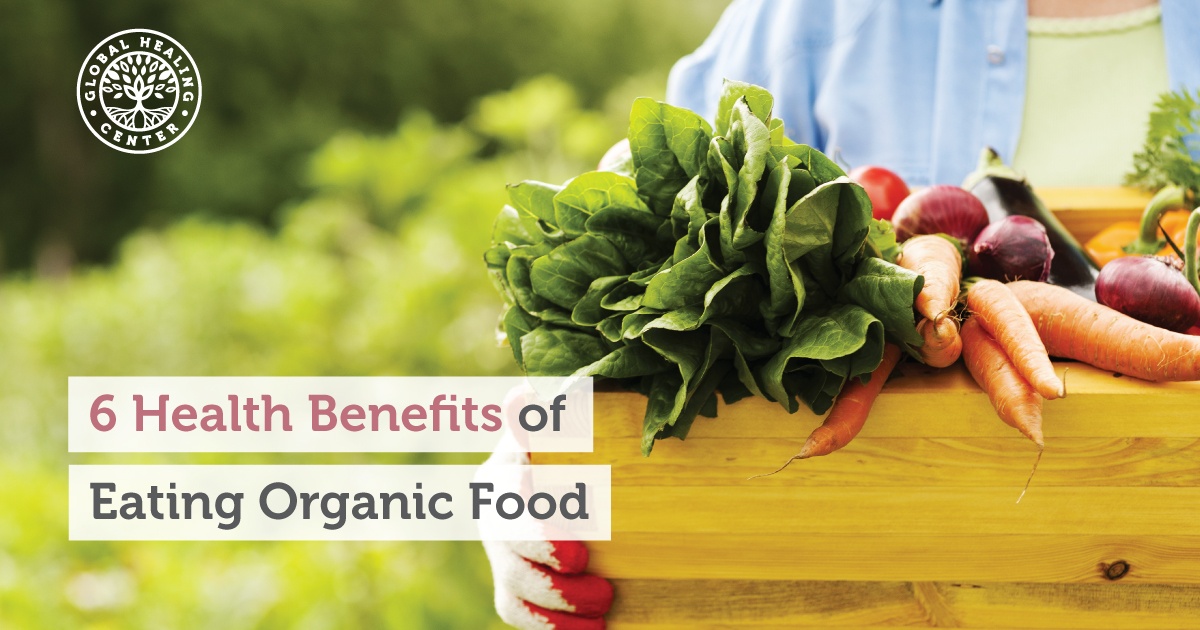 |
Nuts and SeedsNuts and seeds are nutrient-rich crunchy tidbits that add a protein, fiber and healthy fat punch to meals and snacks. They’re also a great source of.. |
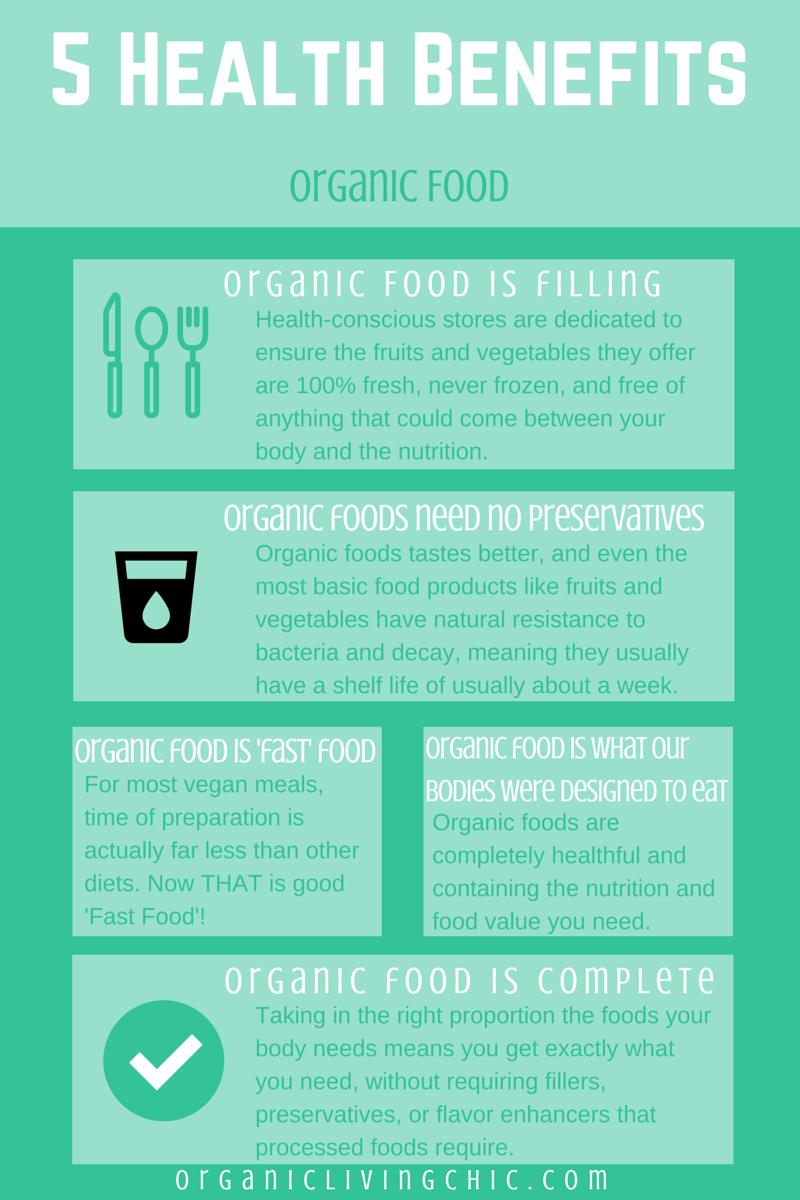 |
Organic Food For A Six Pack? The TRUTH About Organic vs Conventional Foods!Get ripped and keep your strength: http://goo.gl/uLzHn6 Hey guys, it's Clark over at Six Pack Shortcuts and today we're gonna talk about organic vs |
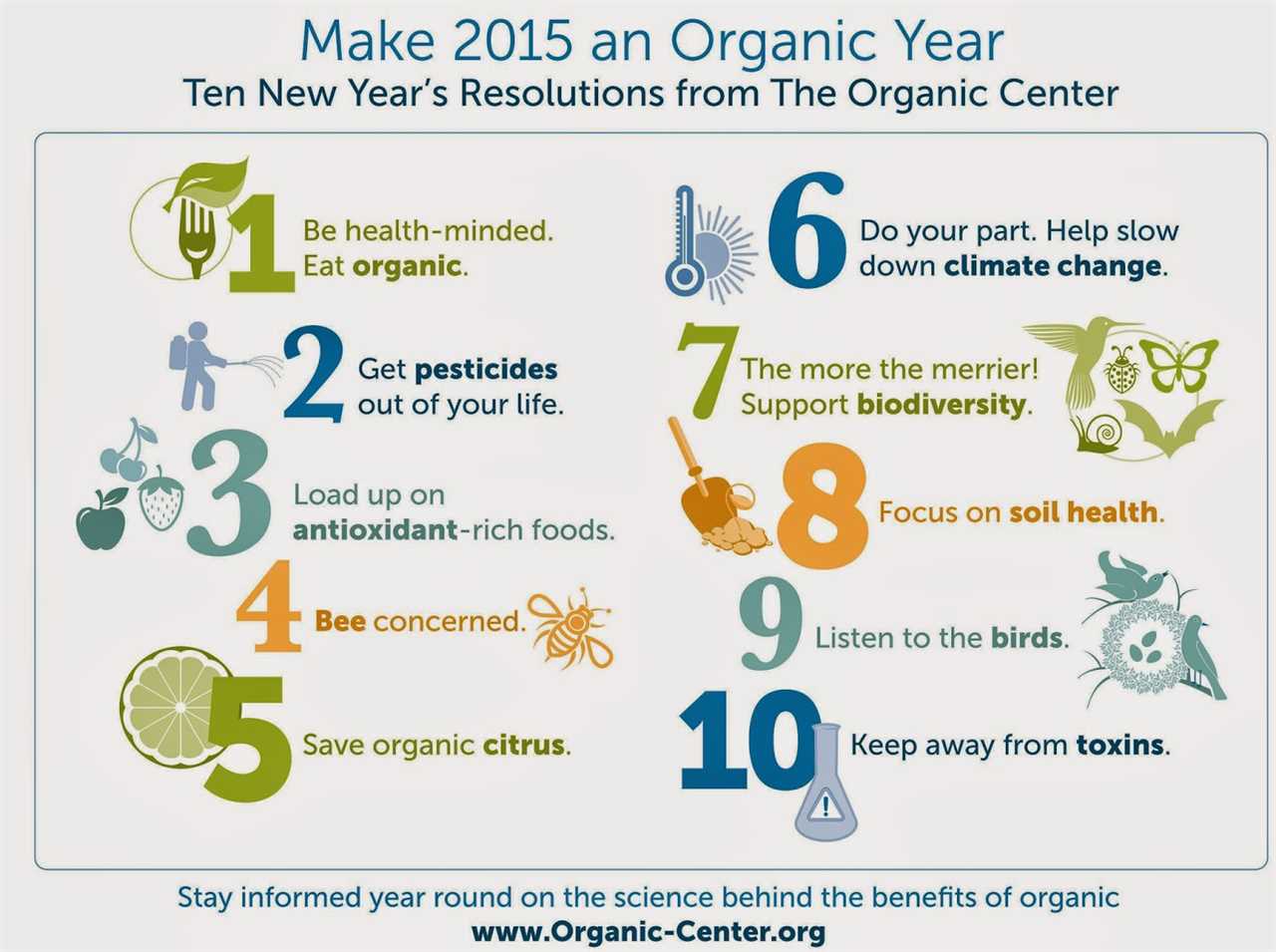 |
Organic vs Conventional Produce - The Dirty Dozen & Clean 15 ExplainedClick https://skl.sh/flavcitywithbobbyparrish to get 2 months of Skillshare for FREE! Here is a full review of the dirty dozen fruits and vegetables and |
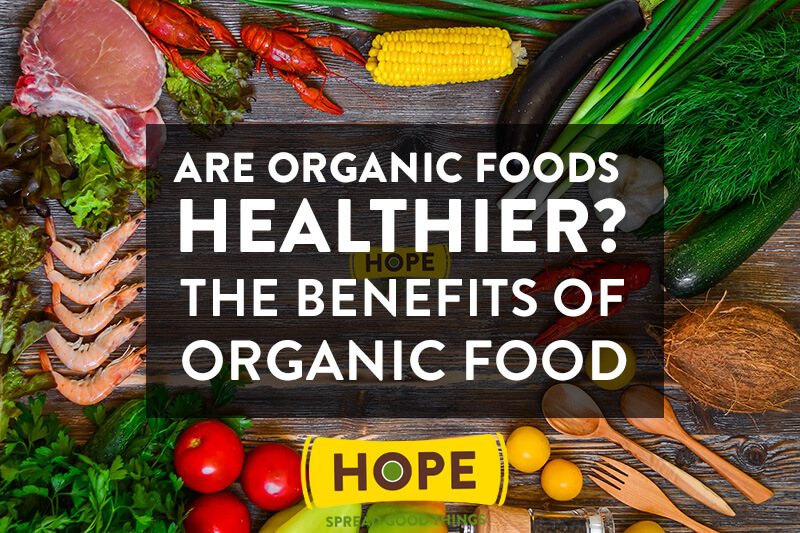 |
Are Organic Foods Really Healthier?It's widely believed that organic foods are more nutritious and safer than non-organic foods, even though the evidence is far from clear. Food certified as |
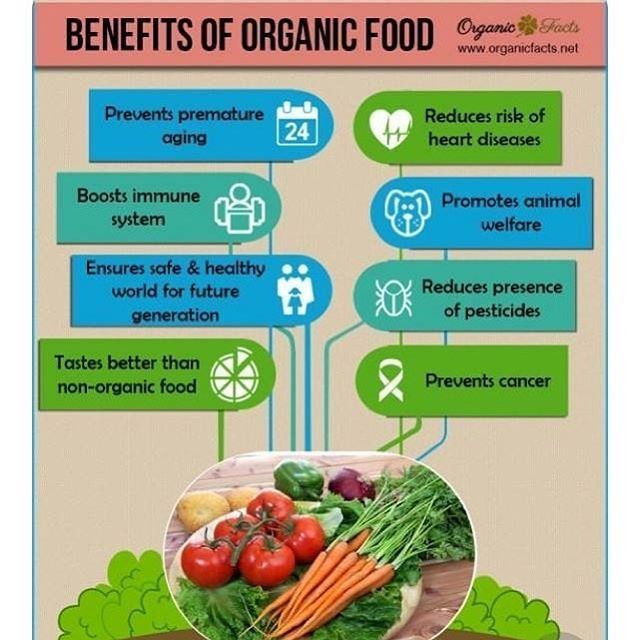 |
Are GMOs Good or Bad? Genetic Engineering & Our FoodAre GMOs bad for your health? Or is this fear unfounded? OUR CHANNELS German Channel: https://kgs.link/youtubeDE Spanish Channel: |
 |
How the food you eat affects your brain - Mia NacamulliView full lesson: http://ed.ted.com/lessons/how-the-food-you-eat-affects-your-brain-mia-nacamulli When it comes to what you bite, che […] |
 |
Is Buying Organic Food Worth The Cost?Subscribe to Goodful: https://bzfd.it/2QApoPk Goodful Goodful Feel better, be better, and do better. Subscribe to Goodful for all your healthy self care |
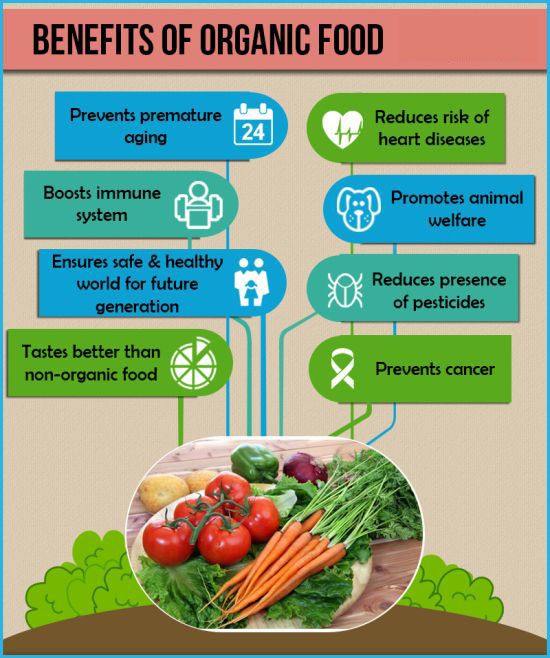 |
Benefits of Choosing Organic Gluten-Free OptionsIf you’ve been diagnosed with gluten sensitivity or celiac disease, you know how hard it can be to avoid foods containing wheat and other grains. But |
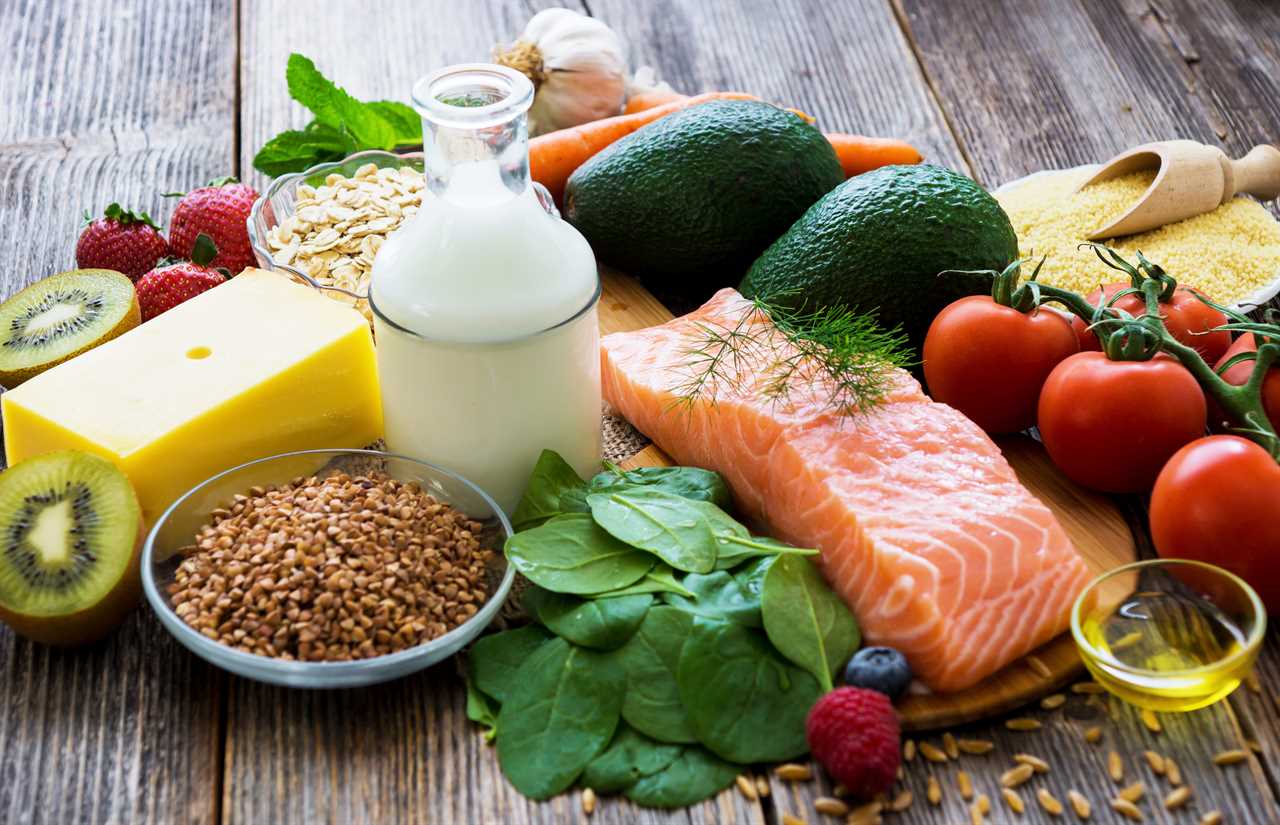 |
Joseph Wang LIVE (Bank Bailouts and Moral Hazards Deep Dive)buy my stuff Come to rebel capitalist live at https://rebelcapitalistlive.com Check out my private, online investment community (Rebel Capitalist Pro) |
 |
Organic Farming and Soil HealthOrganic farming practices promote soil health through crop rotations, symbiotic associations, cover crops and minimum tillage. These management.. |
 |
Research Reveals How Your Body Reacts When You Eat Only Organic FoodsThere is a growing belief that organic foods are healthier for us than non-organic foods. This ever-increasing belief is responsible for significant growth in |
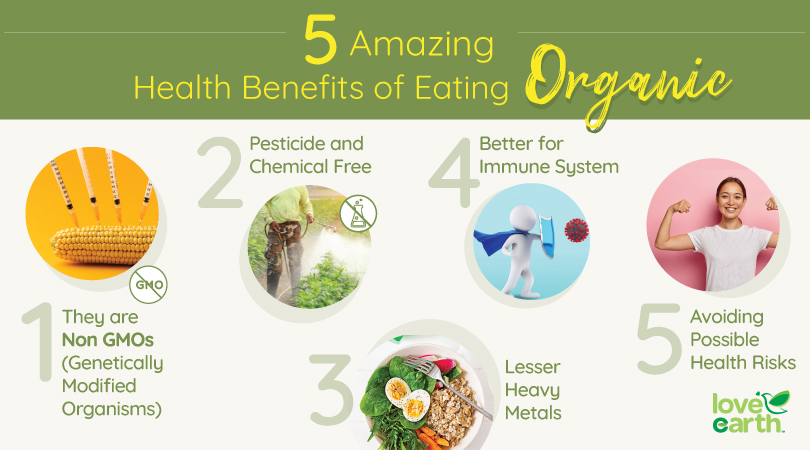 |
Stop Wasting Money on These ORGANIC Veggies (you don’t need to buy them organic)Click Here to Subscribe: http://Bit.ly/ThomasVid Get MY Recommendation on Groceries Delivered to Your Doorstep with Thrive Market: http: […] |
 |
If You Eat an Avocado a Day For a Month, Here''s What Will Happen to YouWhat Will Happen to Your Body If You Eat Avocado Every Day. The avocado is a unique fruit with multiple nutritional and health benefits. How would your body |
 |
Korean GardeningKorean gardening is one of the oldest ways to grow plants. It involves planting herbs, fruits, and vegetables that are used in kimchi, a type of.. |
 |
The Rodale InstituteThe Rodale Institute is a nonprofit organization that aims to support research into organic farming. It was founded in 1947 by J. I. Rodale, an.. |
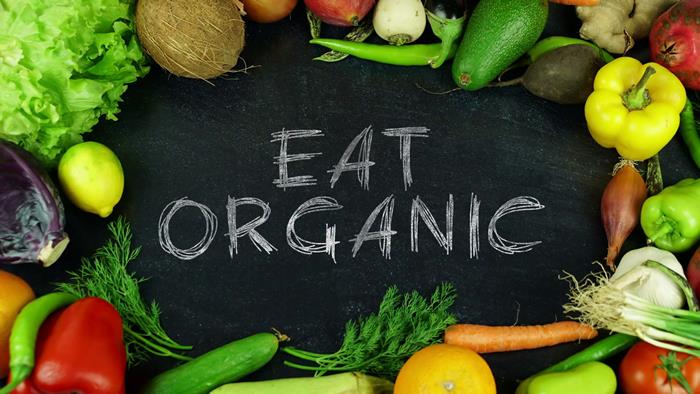 |
Organic eatingOrganic Cultur |
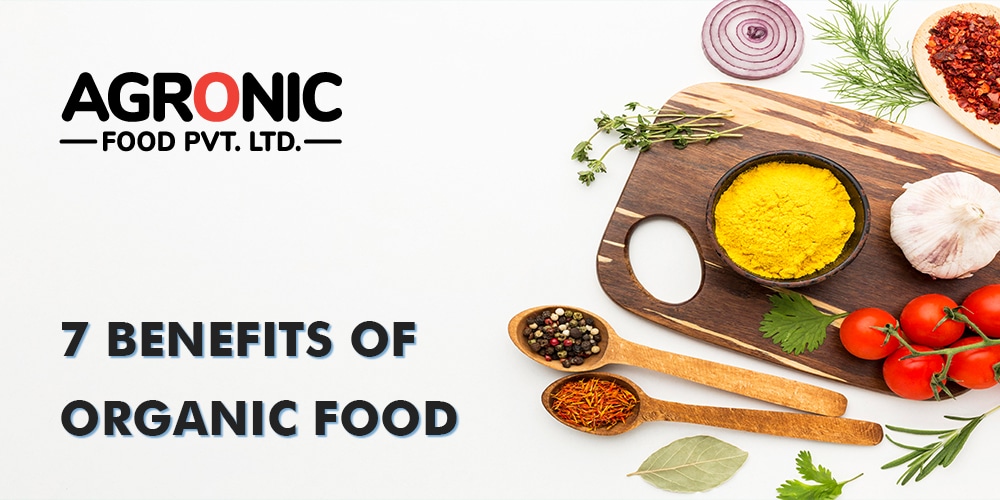 |
What is a Conventional Farm?Conventional farm is the term used to describe a farm that is not organic. It is a form of agriculture that is associated with better soil quality,.. |
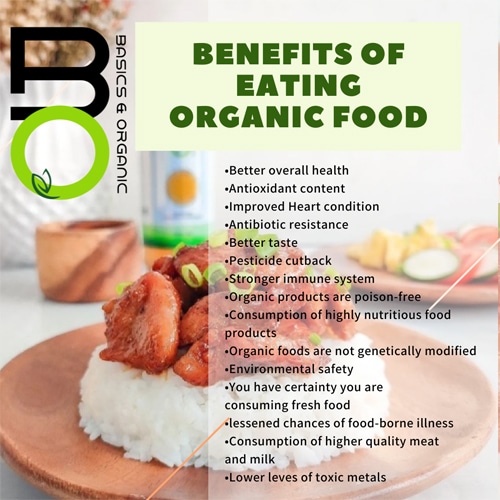 |
Chhattisgarh's Organic Farming SchoolsThe government of Chhattisgarh has started to introduce organic farming schools. This initiative is intended to provide the young generation with the |
 |
Can Organic Be GMO?The question Can organic be GMO is an ongoing debate among many consumers. While it's possible to eat foods that have been produced using genetic.. |
 |
When Did Organic Food Start?The answer to the question when did organic food start? will vary depending on the time period in which you are looking at. For instance, it may be a |
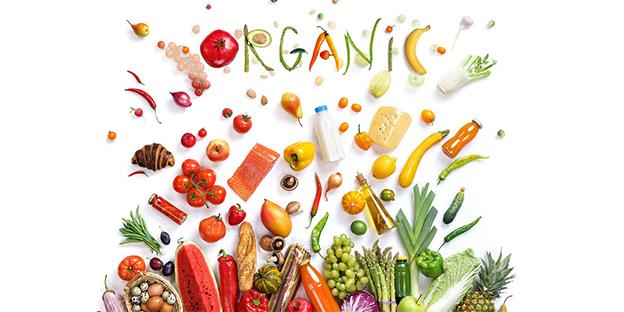 |
Organic Farming PrinciplesOrganic farming is a practice that is designed to be sustainable and healthy. Its principles include avoiding harms produced by industrial farming.. |
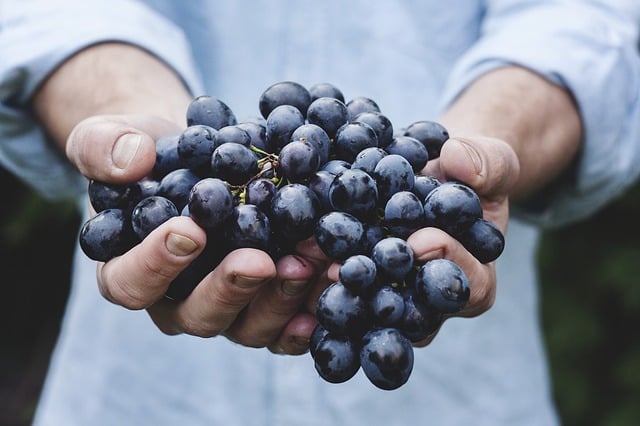 |
Soil Composition and BiodiversityThe soil that we have around us is a vital part of our lives. It is the home for many plants and animals. It also has a texture, a color, and many.. |
 |
The Benefits and Pitfalls of Organic Farming OrganizationsOrganic farming is an approach to farming that is not only ecologically sound, but also financially feasible. It is a method that is free from.. |
 |
Exotic VegetablesWhen it comes to vegetables, there are plenty of choices to choose from. Some of the most popular choices include broccoli, corn, carrots, and.. |
 |
Learn How to Become an Organic Farmer Through a Training ProgramIf you are looking to become an organic farmer, there are several ways you can do so. One option is to take a training program that will teach you.. |
 |
Benefits of Cover CropsIf you aren't familiar with cover crops, you may be surprised to learn that they are plants that are planted to grow on top of the soil to help.. |
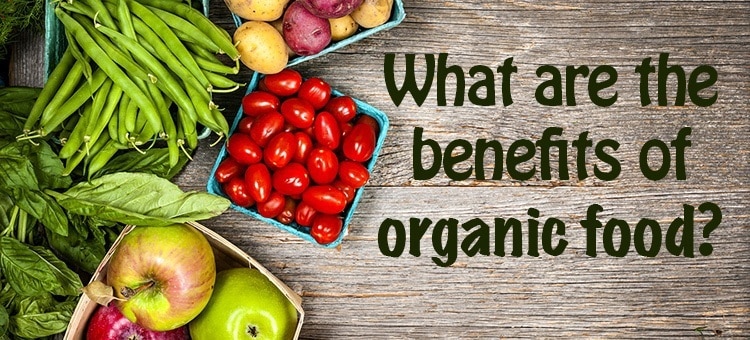 |
What is Organic Cotton?Organic cotton is the type of cotton that is grown without using pesticides or chemicals. It is also the type of cotton that is grown in subtropical.. |
 |
Is Organic Farming Beneficial to Biodiversity?Organic farming is a growing interest in the scientific community, and researchers have been investigating whether the practice is beneficial to.. |
 |
The Benefits of CompostingComposting your waste can be a very effective way of ensuring that your organic material is being broken down to the best of its ability. When.. |
 |
The Difference Between Organic Milk and Regular MilkOrganic milk is a type of milk that comes from livestock that is raised according to organic farming methods. This is a term that is regulated by.. |
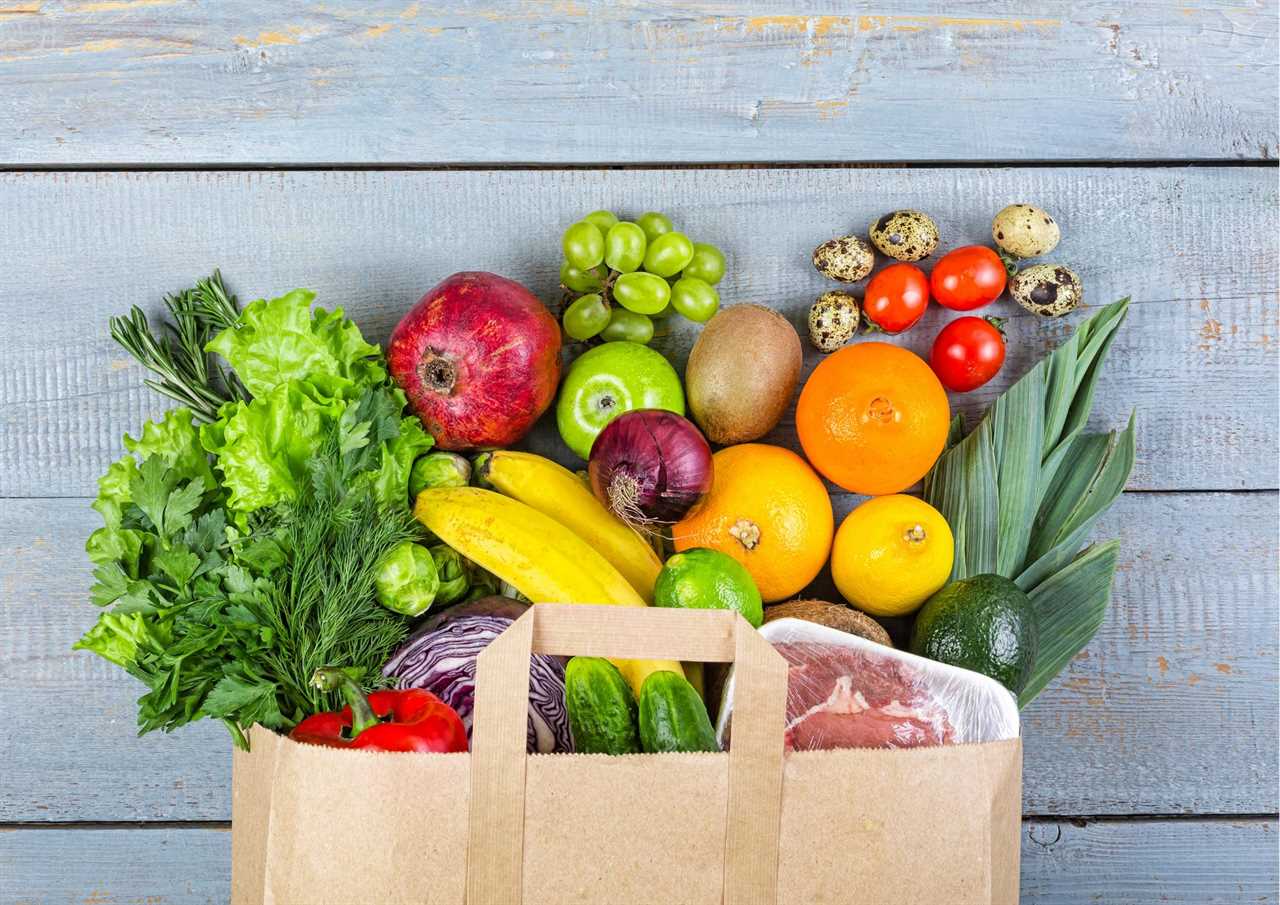 |
Organic Farming MagazineOrganic farming magazine is a resource that provides you with the latest information on organic agriculture, health, and sustainability. It also.. |
 |
The Latest Research on Organic | The Organic CenterResearched articles about eating Organic food |
.png)





